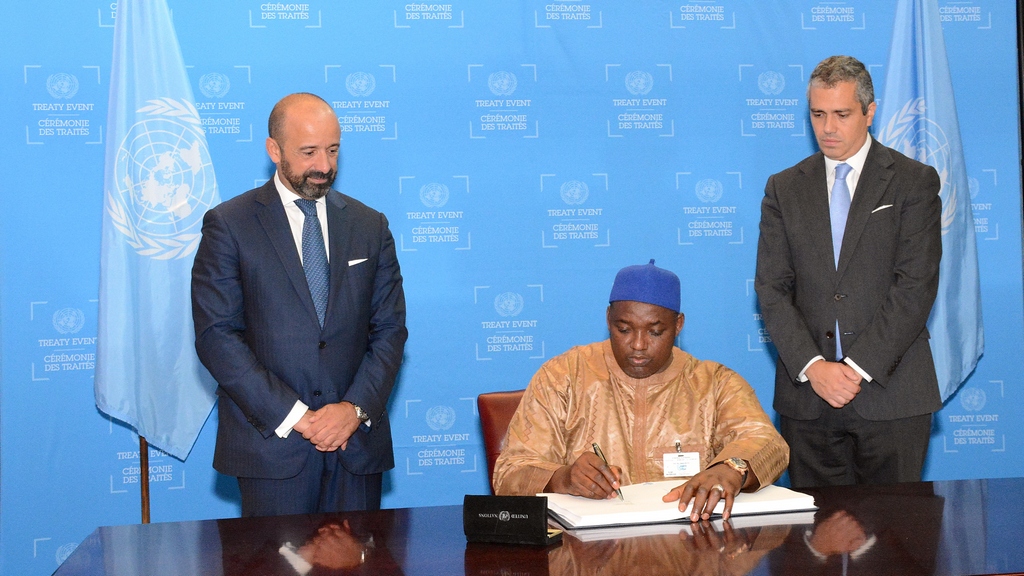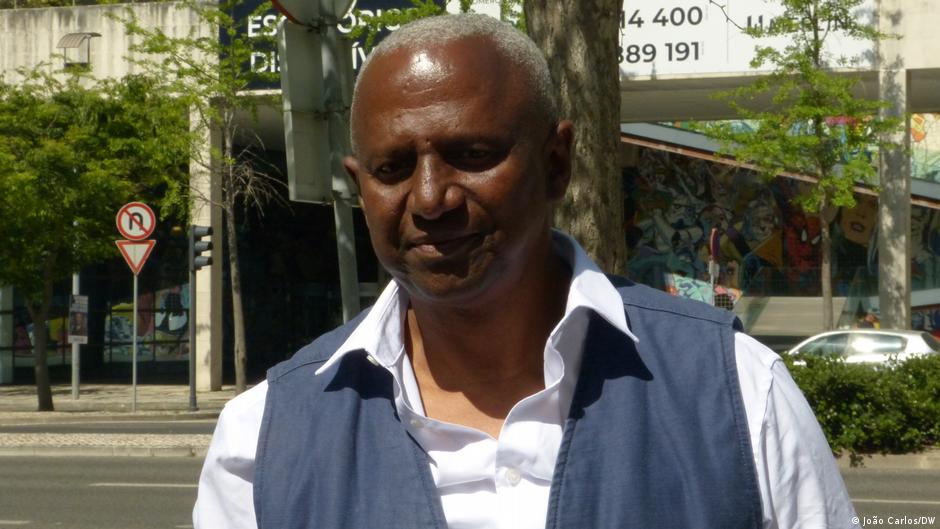Gambiaj.com – (BANJUL, The Gambia) On World Day Against the Death Penalty, Amnesty International has called on three sub-Saharan African countries – The Gambia, Kenya, and Zimbabwe – to take definitive steps to abolish the death penalty, a move that would set a strong precedent in the region. Among these nations, The Gambia stands out for the substantial progress it has made since 2017 toward eradicating capital punishment, an effort now furthered by a constitutional amendment process aimed at abolishing the death penalty for all crimes.
The Gambia’s journey toward abolishing capital punishment began after President Adama Barrow took office in January 2017. Since then, the nation has imposed an official moratorium on executions, committed to international treaties against the death penalty, and steadily commuted death sentences. This gradual but firm shift reflects The Gambia’s resolve to align with international human rights standards and signals to other nations in the region that abolition is both achievable and beneficial.
Oluwatosin Popoola, Amnesty International’s legal advisor on the death penalty, remarked on Gambia’s pivotal role, stating, “Countries that still retain the death penalty are an isolated minority as the world continues to decidedly move away from this cruel punishment. The more countries that abolish the death penalty for all crimes, the more isolated the remaining countries will become and the weaker their position on the death penalty will be.”
A Positive Shift in the Region
Alongside Gambia, Kenya and Zimbabwe are also advancing in their anti-death penalty efforts. Zimbabwe’s government has backed a death penalty abolition bill currently pending in Parliament, while Kenya, which hasn’t carried out an execution since 1987, has four abolition bills awaiting legislative review. Both nations join Gambia in providing a glimmer of hope for broader human rights reform across Africa.
The backdrop to these progressive moves is a sobering one, as Amnesty International documented a significant rise in executions globally in 2023, with a record 1,153 known executions. Yet, The Gambia and other sub-Saharan nations are emerging as leaders in reversing this trend by supporting a path toward abolishing the death penalty.
Global Perspective and Future Action
The Gambia’s move is particularly relevant in light of an alarming increase in death penalty cases in several countries, including the Democratic Republic of Congo, which recently resumed executions. This stark contrast underscores the importance of The Gambia’s commitment, serving as a beacon for other nations to reevaluate the death penalty’s effectiveness and human rights implications.
“Countries that still retain the death penalty in their laws often resort to the death penalty, believing the punishment can make their people and communities safer. However, that is a misconception,” Popoola emphasized. “The death penalty does not have a unique deterrent effect, and it violates the right to life as proclaimed in the Universal Declaration of Human Rights.”
As of now, 113 countries worldwide have abolished the death penalty for all crimes. With The Gambia on the cusp of joining this majority, the West African nation sets an example that justice and humanity can coexist, inspiring others to reconsider this irreversible punishment.










